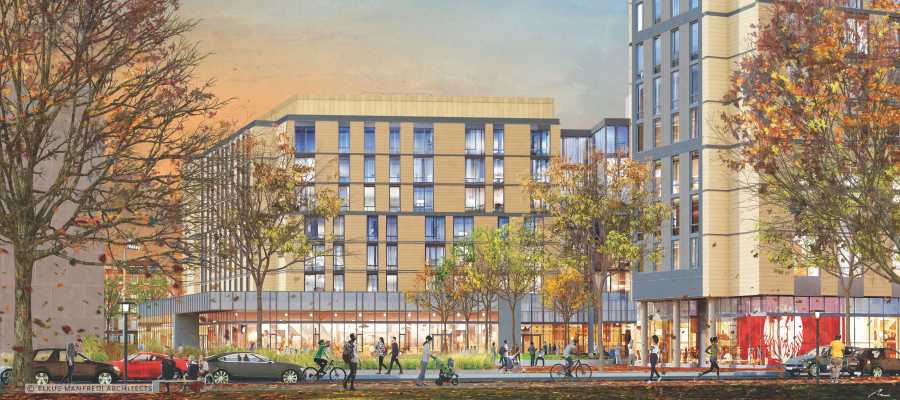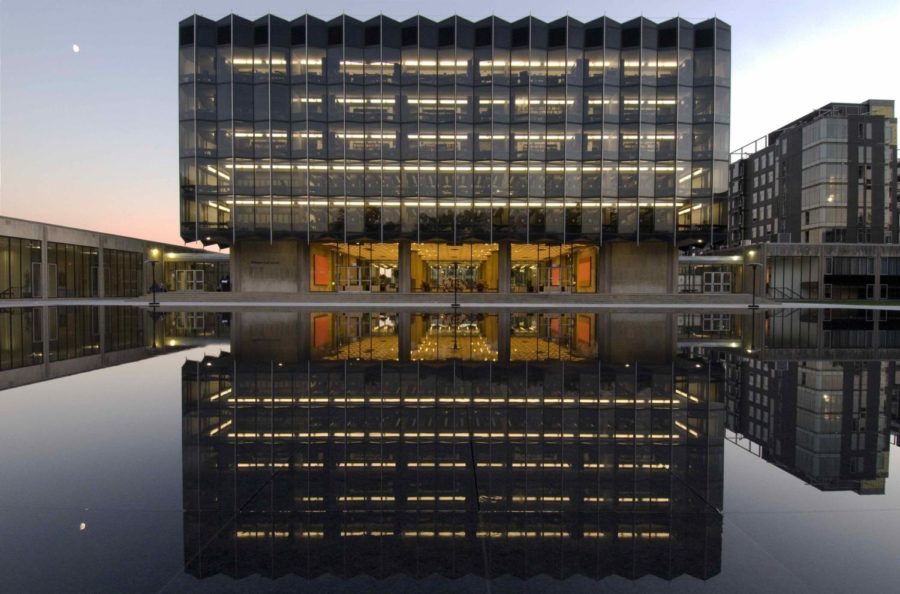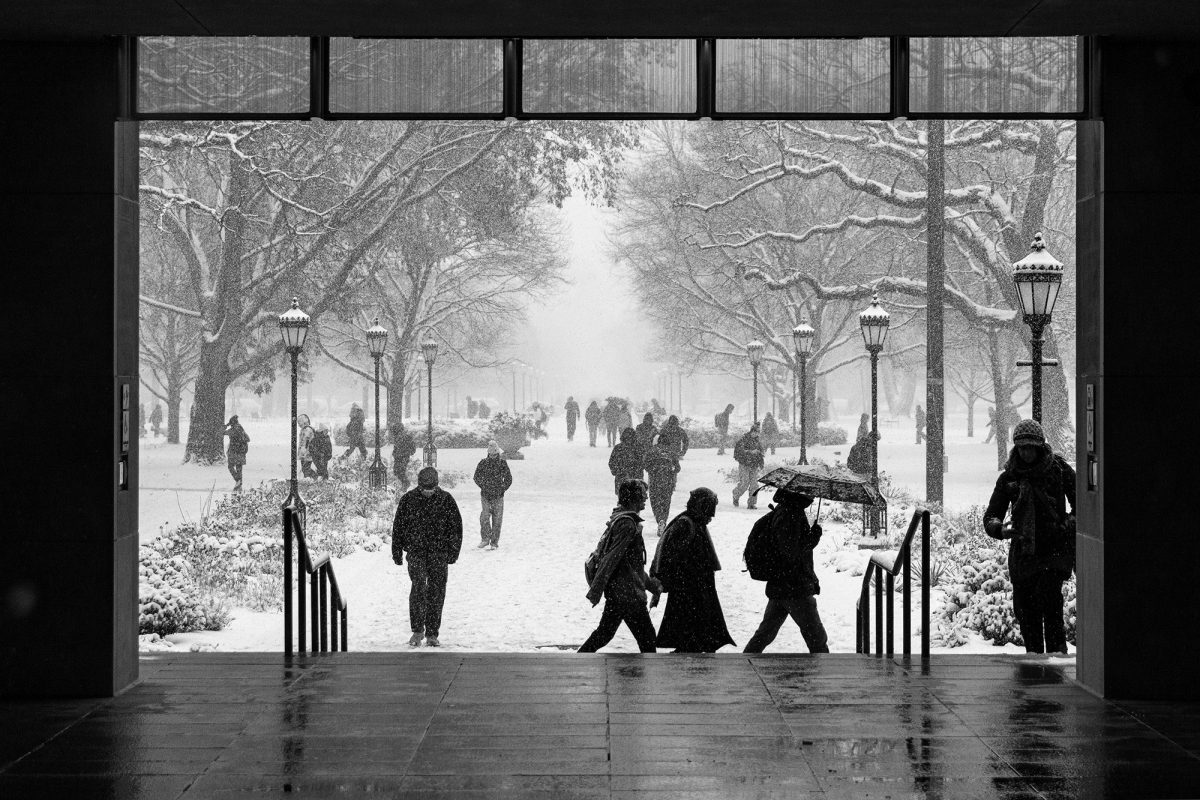On September 9, the Chicago City Council passed the Woodlawn Housing Preservation Ordinance, legislation that aims to preserve affordable housing and protect Woodlawn residents from being displaced by the gentrification that has been at rise in the area.
In total, the ordinance provides almost $10 million dollars in funding for facilitating sustainable and economically diverse development in Woodlawn, including $4.5 million allotted for affordable housing programs.
The University’s South Campus sits on the Woodlawn neighborhood’s northern boundary. Although UChicago has not acquired new land from the neighborhood in 50 years, development at the edge of Woodlawn has increased recently with construction of the Woodlawn Residential Commons and Rubenstein Forum.
Along with funding existing affordable housing programs, the city has vowed to make 30 percent of the apartments built on 25 percent of Woodlawn’s vacant city-owned lots affordable to households with incomes less than 50 percent of the area median.
In an effort to prevent displacement, the ordinance commits $1.5 million to a refinancing program and $1 million to the Home Improvement Grant Program that residents of five or more years can apply to.
Tenants in larger apartment buildings will also be allowed right of first refusal before a landlord sells the building to a developer. Instead of being displaced, “tenants would have the right to form a tenant’s association and enter into an agreement with a not-for-profit affordable housing developer to purchase the building and maintain it as affordable.”
The ordinance is the result of five years of community organizing for a community benefits agreement (CBA) to protect long-time and low-income residents from the displacing effects of gentrification. A community benefits agreement is a contract between community organizations, local government, and real estate developers that requires new construction and further development to accommodate the community in some way.
Campaigns for a CBA were first spurred by the announcement of the Barack Obama Presidential Center that is being built in Jackson Park. Residents worry that its construction will result in gentrification of the area if not properly regulated. The University has been in support of the construction and collaborated with the Obama Foundation since the Presidential Center was announced in 2015.
Chicago mayor Lori Lightfoot introduced a proposal in February, following 20th Ward Alderman Jeanette Taylor’s introduction of the CBA to City Council in July of 2019. The passed ordinance is a compromise between residents’ demands for a CBA and the city-government’s legal and economic reluctance. It is not as progressive as the original proposal set forth by Taylor and community activists; however, it provides more benefits than the initial legislation set forth by Lightfoot’s administration. The Woodlawn Housing Ordinance was introduced in early August by Taylor and Fifth Ward Alderman Leslie Hairston, along with Lightfoot.
Campus group UChicago for a Community Benefits Agreement believes that although the ordinance is an historic win, more can be done. In a statement released to The Maroon, UChicago for a CBA called for an amendment which would include a right to return agreement that would give displaced Woodlawn residents priority for filling the new affordable housing. The statement also called for actions beyond the ordinance, such as lifting the ban on rent control and cancelling rents and mortgages for vulnerable city residents.
“We also recognize the fight to stop displacement and evictions is bigger than one city ordinance can tackle. Chicago has lost almost 100,000 Black residents this past decade alone. We need broader and deeper affordable housing set asides on new development,” UChicago for a CBA said in their statement.
Protections for South Shore and Hyde Park are not included in the ordinance. However, Hairston told the Hyde Park Herald that ordinances for these neighborhoods are next on her legislative agenda.








